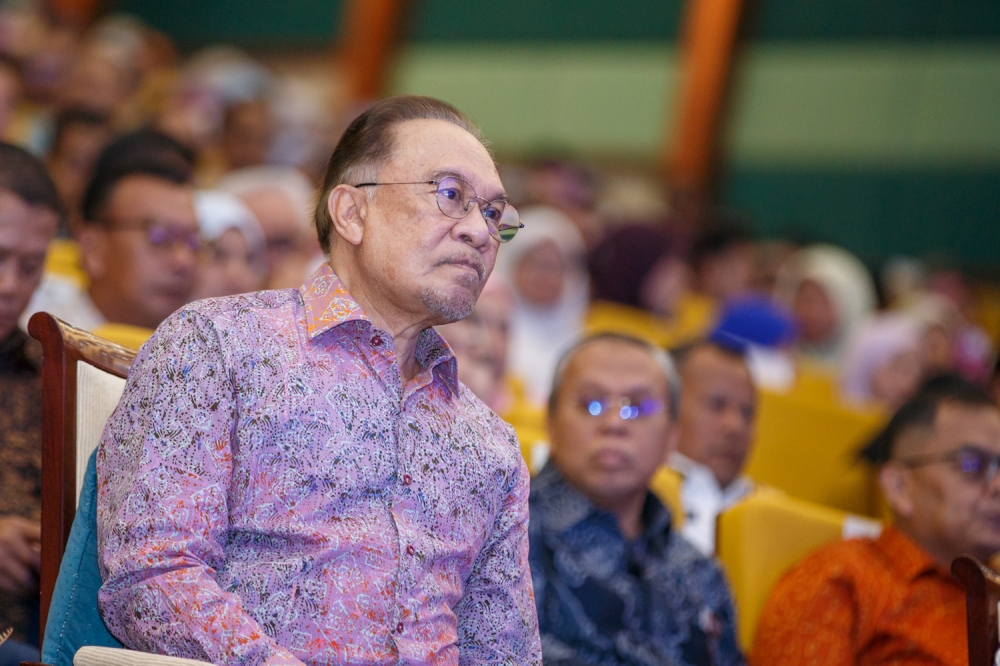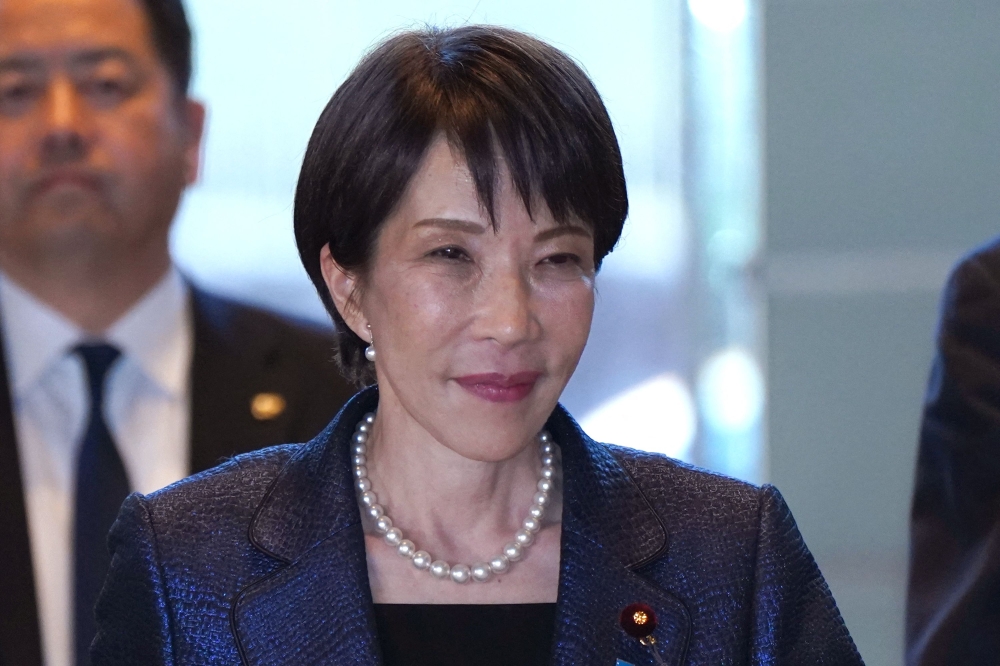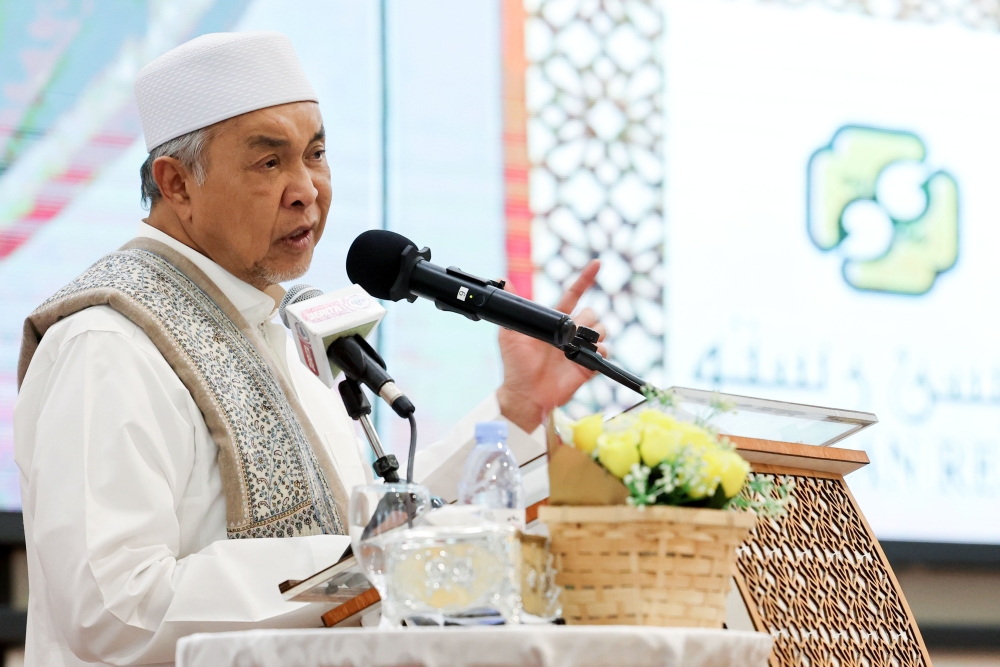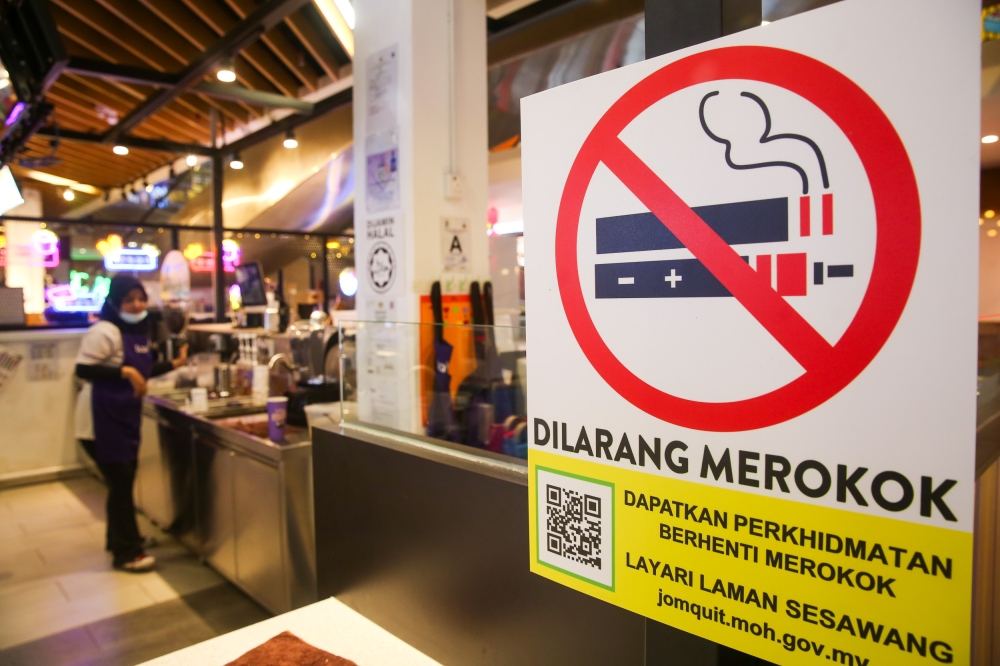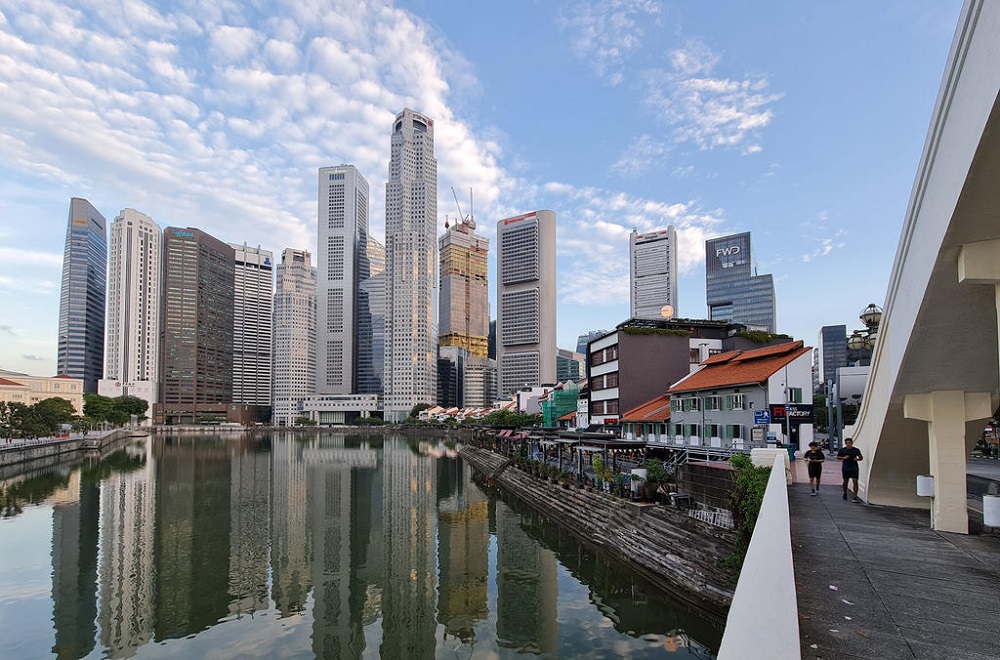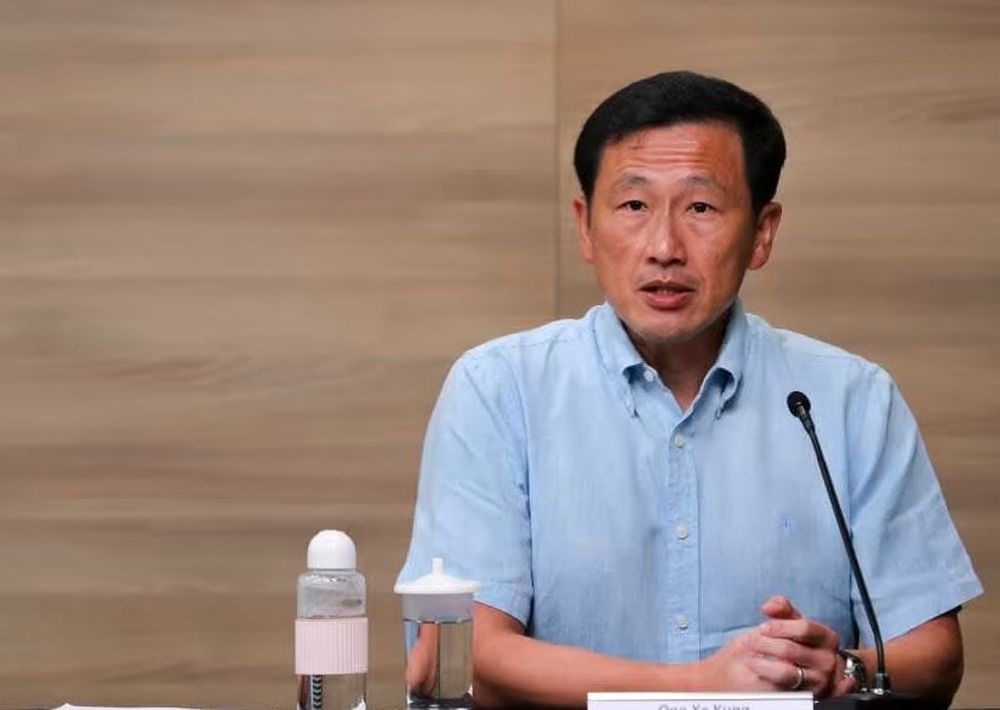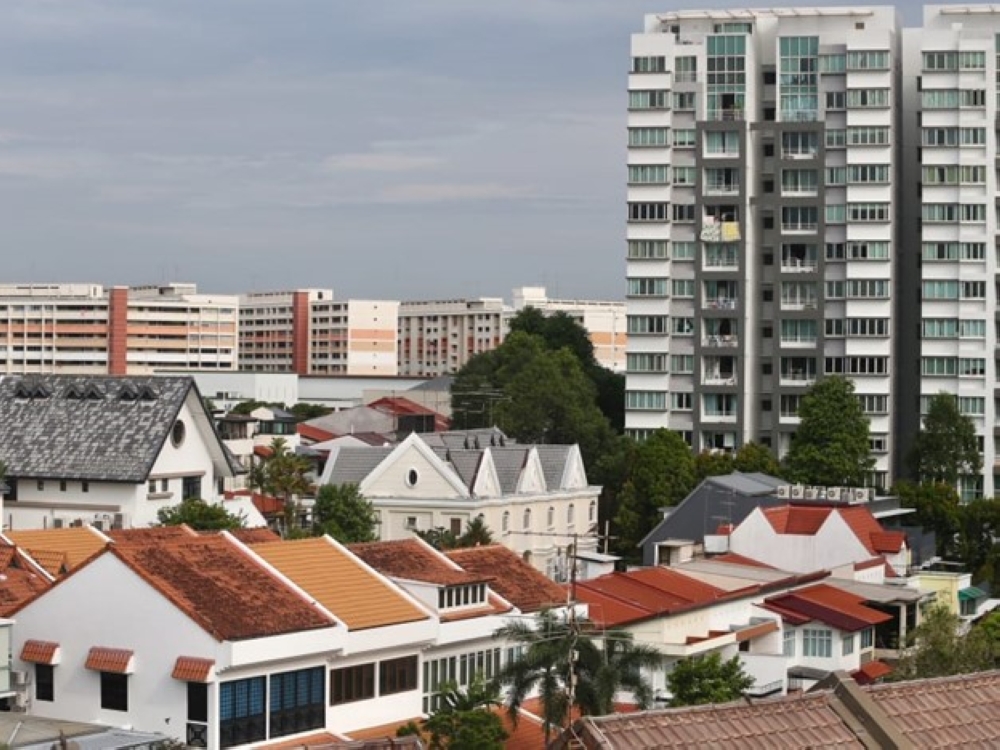SINGAPORE, Jan 27 — Despite the challenges of the Covid-19 pandemic, the Economic Development Board (EDB) still met its medium- to long-term targets last year by securing S$11.8 billion (RM36.8 billion) worth of investments for Singapore. These are set to add more than 17,000 jobs here in the years ahead.
And although that represents a 37 per cent drop from 2020’s investment commitment of S$17.2 billion, Jacqueline Poh, the statutory board’s managing director, said on Wednesday (Jan 26) that it is still on par with the five-year annual average before 2020. The EDB’s medium- to long-term target is S$8 billion to S$10 billion a year.
EDB chairman Beh Swan Gin said during a virtual press conference held for the release of its year-in-review report that “the numbers in 2020 were actually quite exceptional” and they were not expecting to repeat it last year.
Beh said: “We should not look at the percentages, and so on, of a single year as a reflection of a trend line.”
Poh said that 2021’s results were a testament to Singapore’s reputation as a “stable, reliable and neutral strategic location”.
“Against the uncertainties of the pandemic and supply chain disruptions, these fundamentals resonated with businesses looking for growth in Asia, and particularly Southeast Asia,” she added.
New jobs expected
EDB said in a press release on Wednesday that 2021’s figures are expected to add some 17,376 new jobs in the coming years.
These jobs are, in turn, projected to contribute S$16.8 billion in value-added a year, which refers to a measure of the direct contribution that a company makes to Singapore’s economic output.
For comparison, 19,352 jobs were expected to be created by the 2020 investments.
Poh said that 70 per cent of the jobs will be for professionals, managers, executives and technicians, with a majority of the positions to be held by residents.
The top three industries which are expected to benefit from these job creations are: Headquarters and professional services (4,413), research and development (3,953) and biomedical manufacturing (2,510).
Total business expenditure dropped to S$5.2 billion from 2020’s S$6.8 billion.
EDB said that the digital economy had “contributed significantly” to last year’s total business expenditure, as digitalisation had picked up pace across all sectors.
“Over the past decade, the digital sector has almost doubled its share of total jobs created through EDB-related investments,” it said.
Sectors to watch
Poh said that much of the investment commitments came from growth in the healthcare sector, particularly in the biotechnology (biotech) and medical technology (medtech) sectors, and that she is “very optimistic about growth” in these two sectors over this year.
“We think that a lot of that is driven by the existence of a very sophisticated and established ecosystem of pharmaceutical companies already in Singapore, as well as the added impetus of the pandemic in pushing out new products and services.”
However, biotech and medtech are not the only sectors to look out for, she added.
Noting that a global chip shortage will not be going away anytime soon, she said that semiconductors will “still be a strong contributor” to Singapore’s investment commitments in the next few years.
And as companies and industries become used to the idea of digitalisation being part of their business, Poh also expects to see “a lot of growth in the digital economy”.
One sector that is growing in a “much more nascent phase”, she said, is the green economy.
“I think we are going to watch that space in the years to come to see which companies emerge from that, providing decarbonisation solutions, carbon services, circular economy solutions and more high-tech advancements in the fields of carbon capture or hydrogen economy.”
‘Not an easy year’
Beh said that 2021 was not an easy year for businesses to operate; up until April, life was “actually quite normal” aside from the travel restrictions.
But when the Delta variant of the coronavirus appeared, businesses found themselves having to implement measures to have employees work from home.
Travel was not opened up until the vaccinated travel lane arrangements started, he noted.
“And this was somewhat interrupted when Omicron hit the world. So imagine if you are a business… the cadence of travel to the region and other global locations has not been possible,” he said.
This meant that something as straightforward as carrying out feasibility study trips to Singapore, or simply seeing if the city is a good place to relocate the family, is not easy, Beh added.
This has “dampened the ability for companies to think about expanding their offices and their regional headquarters” in Singapore.
“Notwithstanding that, I think the fact that Singapore has been able to attract a number of companies that have expanded their (businesses), and quite a number who have set up new ones… I think that’s really a testimony to Singapore’s standing,” he said.
Staying open and connected
Looking ahead, Poh said that the global economic climate remains uncertain for this year, with a number of key risks, such as inflation, alongside general expectations of recovery as Covid-19 becomes endemic.
“Global competition for investments will remain intense. Nonetheless, Asia will continue to be the fastest growing source of final demand for the next 10 years.”
By 2030, Poh expects the region to contribute roughly 60 per cent of global growth.
Touching on EDB’s future investment commitment targets for the medium to long term, she said they will remain “roughly the same as before”.
Its press release stated that the target set for fixed asset investment is between S$8 billion and S$10 billion, while that of total business expenditure a year is S$5 billion to S$7 billion.
As for its target for the number of expected jobs, it has been set between 16,000 and 18,000. The expected value-add a year is between S$12 billion and S$14 billion.
“As our connectivity improves, our reputation for reliability, stability and neutrality, together with our vibrant innovation and tech ecosystem, as well as our growing talent base will enable us to continue securing economic growth for Singapore,” Poh said.
EDB will draw on these advantages by attracting quality investments from around the globe to transform existing industries to become “more productive and sustainable”, thereby creating new business and job opportunities, she added.
“We are optimistic that we will be able to meet (our investment targets) as long as we continue to stay open and connected to the world, particularly Asia and South-east Asia, and step up efforts to develop an entrepreneurial and innovative economy and ensure that our workforce remains competitive and has the relevant skill sets.” — TODAY








